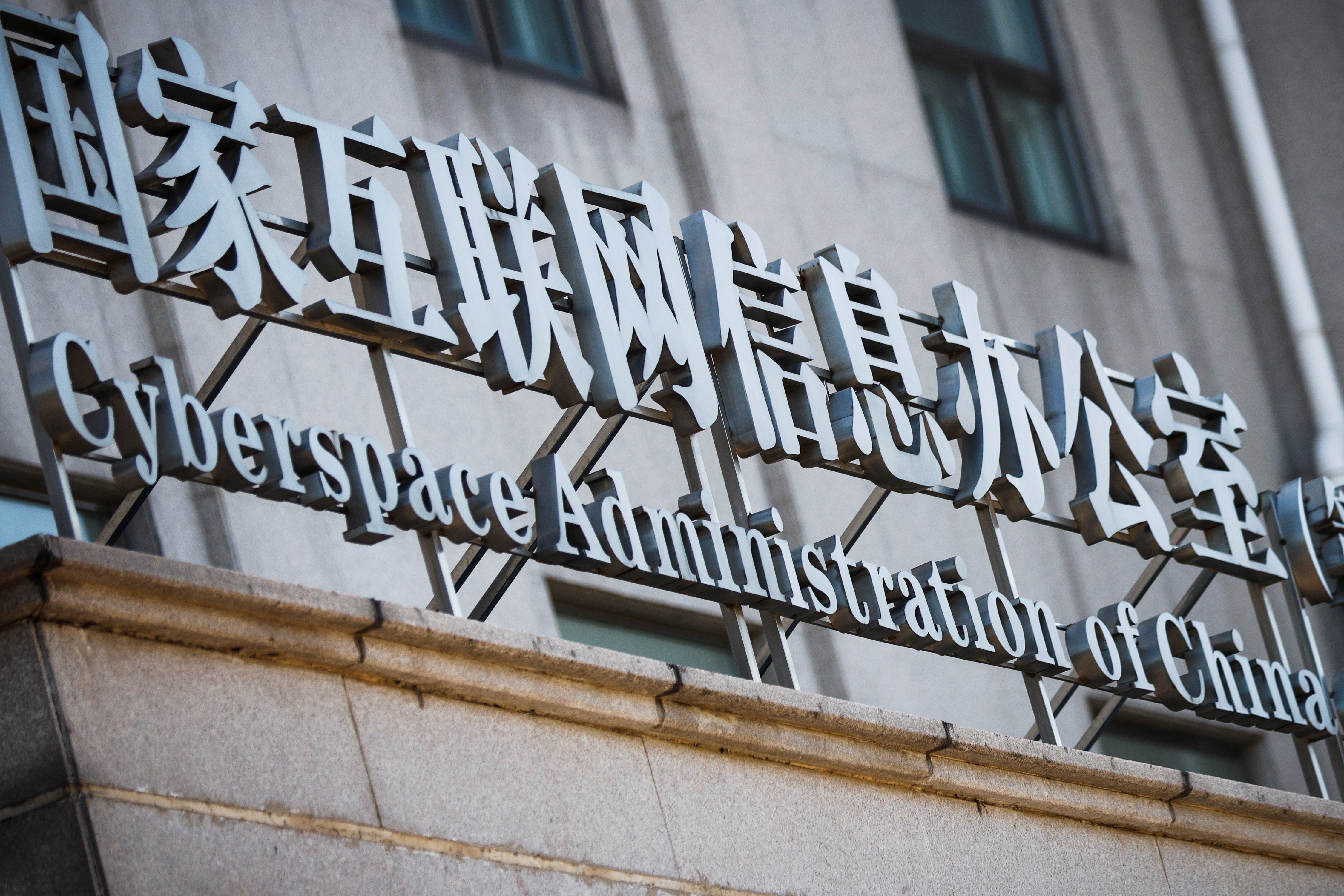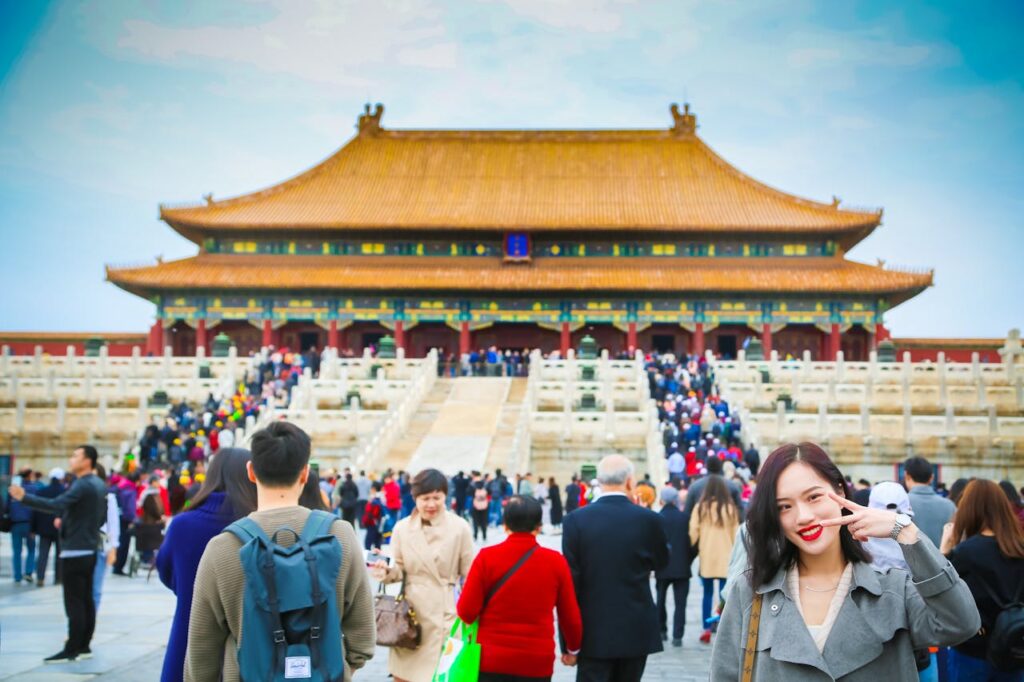China officially banned the United Kingdom‑based platform OnlyFans in mid July 2025. They cited concerns over its role in promoting adult content, sexual material and non‑mainstream cultural values. Government regulators described the platform as a “corrupt Western disease” and a threat to national morals, social cohesion and traditional Chinese values. The move came after a brief period earlier in 2025 when OnlyFans could be accessed within mainland China without a VPN. This led to speculation about a loosening of censorship policies. That access window closed quickly and officials reasserted the platform would remain blocked.
Official Justifications for the Block

Chinese authorities framed the ban as necessary to protect public morality and social order, characterising OnlyFans as emblematic of Western moral decadence. Regulatory statements called the platform “Western garbage” and claimed it undermined harmony and traditional moral frameworks within China. The language used emphasised ideological concerns rather than technical or legalities, aligning the move with broader ideological messaging.
Historical Context of Online Censorship in China

China’s decision to ban OnlyFans fits into a long established pattern of digital content control under the Great Firewall, which has blocked access to pornographic, political and foreign websites deemed undesirable by the Chinese Communist Party. Pornography has been illegal in mainland China since the founding of the People’s Republic in 1949. It’s since become a frequent target of online censorship. The only slight novelty in this instance lies in the targeted focus on a creator economy platform rather than a standard pornography site.
Technical Timeline of the Ban

According to multiple reports, the site became briefly available around early July 2025 without using a VPN. This was likely due to a technical lapse or misconfiguration within China’s censorship architecture. The ban was formally confirmed on 21 July 2025, when regulators declared it off‑limits and emphasised the ideological rationale behind the action. Some reports date the effective blocking to as early as 15 July 2025. They noted that access was cut off and workarounds were disabled at that point.
Read More: Is This Controversial Behavior Actually Cheating? Opinions Split
The Nature of OnlyFans and Its Global Position

OnlyFans is an internet content subscription service founded in 2016 in London, United Kingdom. It is known for monetised adult content and its creator economy model. The platform hosts varied creators including sex workers, adult entertainers, musicians, comedians and other content providers. It reached over three million creators and 220 million registered users by mid‑2023 and generated revenue of approximately 1.3 billion USD in that year. Although it offers a wider array of content genres, the Chinese authorities clearly focused on its reputation as a host for explicit sexual content.
Reaction and Public Commentary

Observers both inside and outside China have noted that the ban was predictable given China’s long‑standing moral and political censorship approach. Reddit users commenting on the ban relayed blunt reactions such as calling OnlyFans “a corrupt western disease” and welcomed its removal. International news outlets also conveyed that the platform was now officially off limits. Thus aligning the ban with earlier blocks on Western social media and content services.
Implications for Chinese Users and Creators

Chinese users who had experimented with OnlyFans during the brief unblocked period lost access quickly. Technical workarounds through VPN or proxies were reportedly disabled or rendered ineffective by mid‑July 2025. As OnlyFans was never officially approved for operation in mainland China, creators or fans had relied on circumvention tools to visit the platform. The Chinese crackdown extended blocks on these access points in conjunction with the formal ban.
Broader Campaign Against Western Influences

This action against OnlyFans forms part of Beijing’s broader campaign to cleanse its digital domains of what it calls immoral or degenerate Western cultural influences. Officials have in other recent instances restricted foreign video, social media and content platforms for violating official standards of political, cultural or moral acceptability. OnlyFans was singled out specifically for its adult content and for representing a new frontier in foreign, monetised creator platforms.
Read More: What Life Is Like Inside The Tiny Town Where Cars Are Banned
Legal and Regulatory Underpinnings

While no single law explicitly names OnlyFans, the ban draws on China’s established cyber‑governance regulations. In particular the Provisions on the Governance of the Online Information Content Ecosystem prohibit content that “spreads obscenity, pornography, gambling, violence, murder or terror” or anything viewed as harmful to economic or social order. The Cybersecurity Law and subsequent Data Security Law empower regulators to block foreign platforms that do not align with Chinese ideological frameworks.
Potential Economic and Social Outcomes

From an economic standpoint, the ban removes an emerging competitor to domestic platforms, reinforcing the advantage of Chinese equivalents. China’s policy of blocking Western platforms has historically benefited internal services such as Tencent’s video networks and Alibaba’s digital economy players. On a social level, the government aims to shape a digital environment that reinforces “core socialist values” and prevents perceived moral corruption among youth and general users.
Comparison with Prior Platform Bans

China has previously blocked services like YouTube, Twitter, Instagram, Reddit, Facebook, and certain versions of Wikipedia and GitHub due to political or ideological concerns. The OnlyFans ban stands out as focusing on sexual and moral frameworks rather than political dissent. It is among the first high profile bans of a creator economy platform rather than a mainstream social media or news service.
The Future Outlook

In sum, China’s ban of OnlyFans in July 2025 reflects its continued emphasis on ideological cohesion, cultural preservation and strict control over digital spaces. The platform’s brief accessibility earlier in the year served primarily to highlight the inflexibility of official policy when authorities decided to tighten control again. Unless OnlyFans were to alter its content model significantly or seek official approval, access within mainland China is likely to remain permanently blocked. The ban underscores Beijing’s broader determination to limit Western digital influence and preserve a tightly governed domestic internet ecology.
Read More: 10 Popular Foods Americans Love That Are Banned In Other Countries

